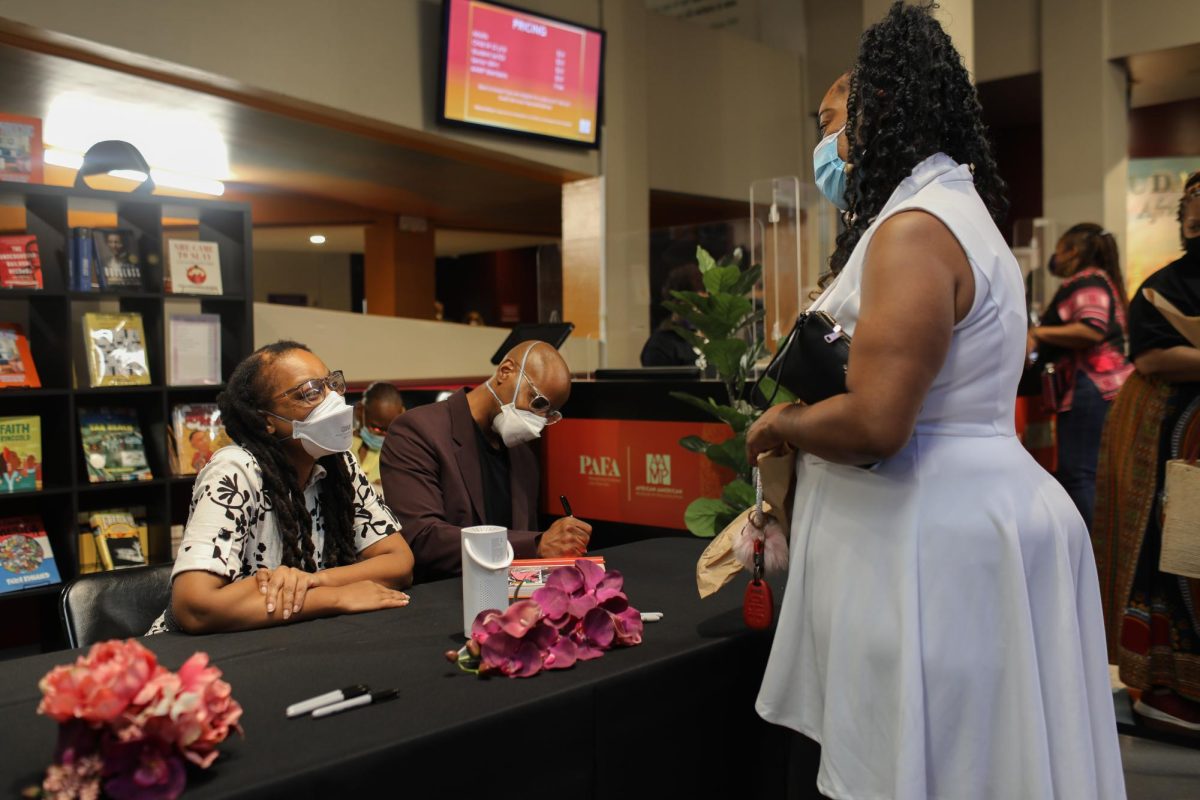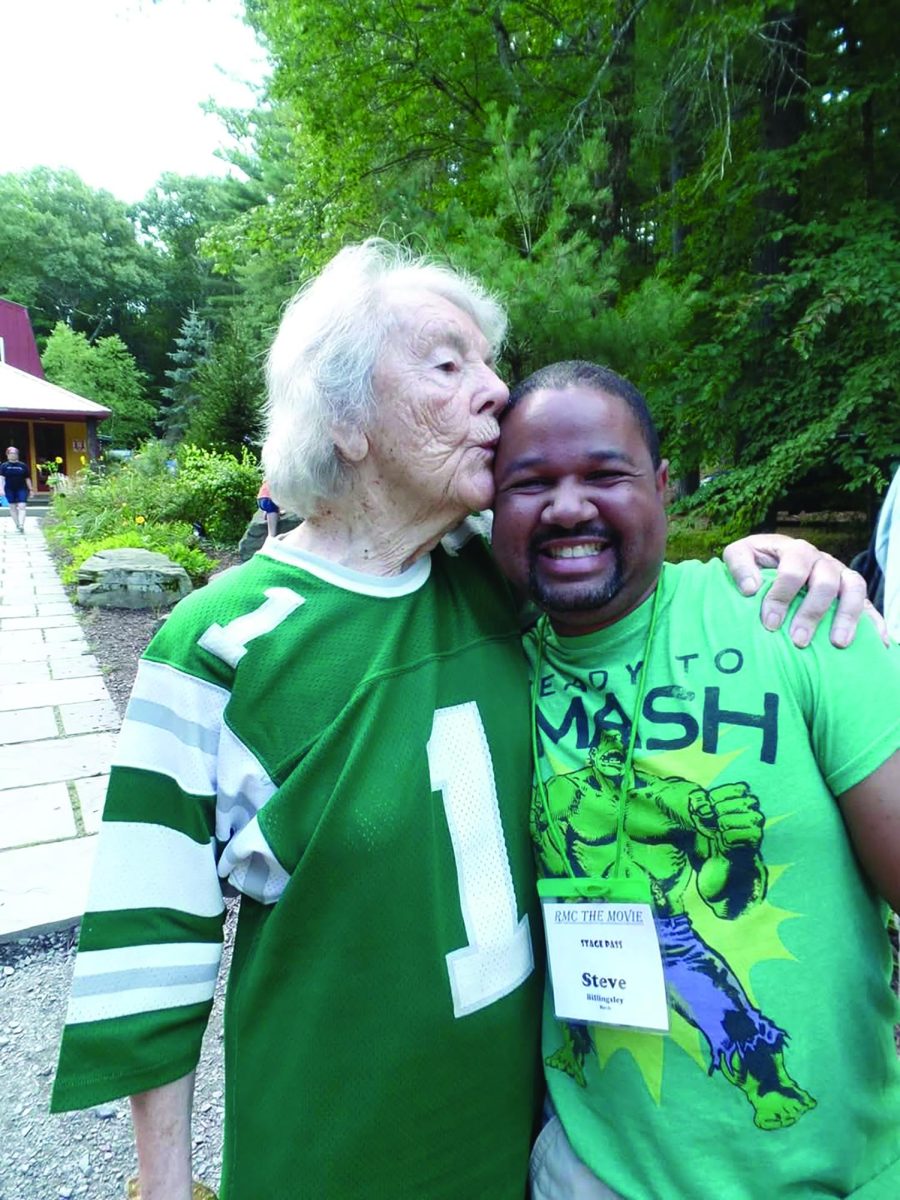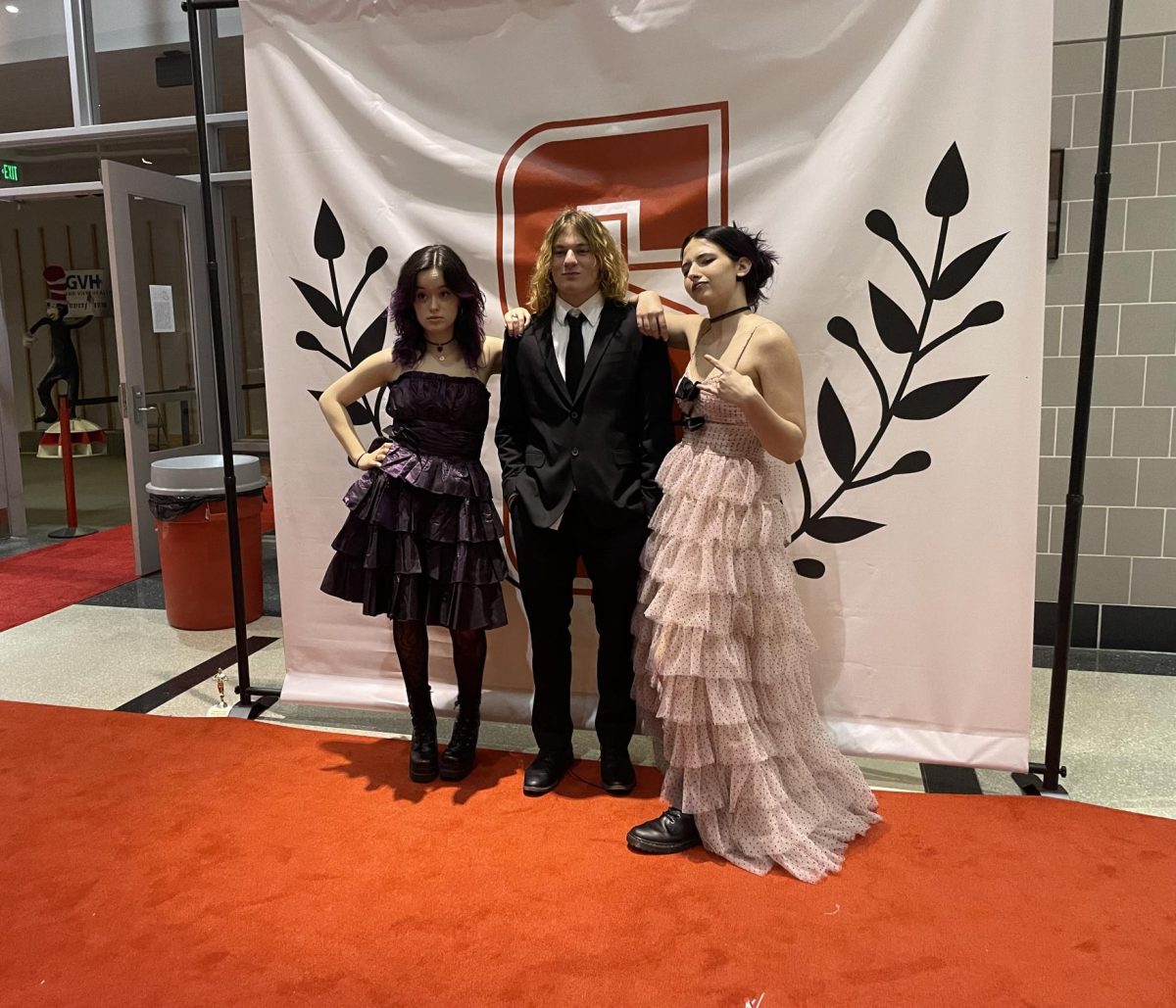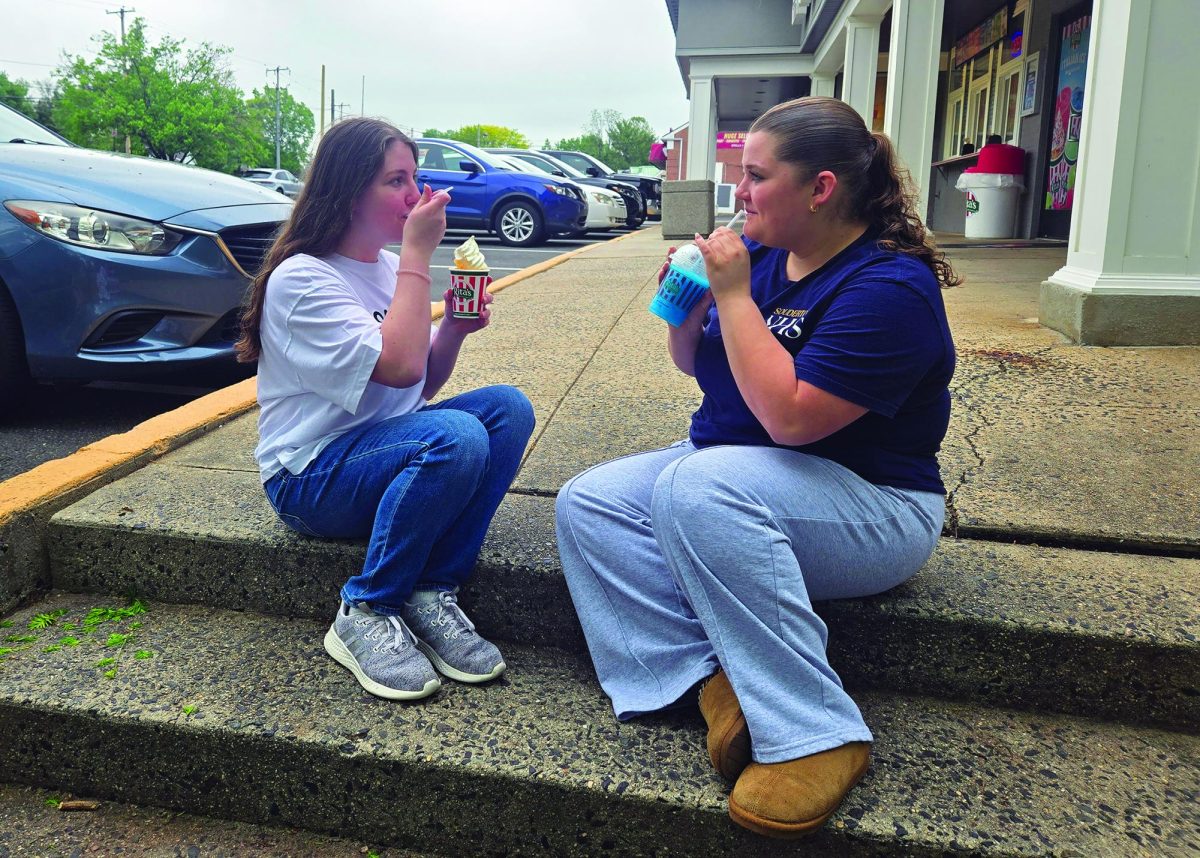Investigating the challenges faced by African Americans, founders and creative directors of AphroChic Bryan Mason and 1996 Souderton alumna Jeanine Hays are diving into the lives of 16 African American families.
According to Jeanine Hays, AphroChic is “a lifestyle space that is dedicated to celebrating creativity across the African diaspora.”
“The brand itself has many ways in which we talk about the creative contributions of people from across the diaspora including magazines, podcasts, product lines with emerging artists from across the diaspora, as well as books,” Hays said.
In their 2022 book titled “AphroChic: Celebrating the Legacy of the Black Family Home,” Hays and her husband, Bryan Mason, explore the Black family home as a real community cornerstone.
They look at what that journey looks like, from the emancipation of African Americans during the Civil War right up until the present day.
“For this latest book, the inspiration behind it was to be able to provide a story really looking at what the journey home has been for African Americans in the country that is of our birth, but in a country that also puts a lot of barriers in to excluding us from really fully participating in America,” Hays said.
Within the book, the couple explores the lives of 16 families, learning each of their stories and experiences.
“It’s wonderful because in the book you feel like the 16 different homes are really the ethnography of the 16 different families,” Hays said. “What we were able to realize is that so much of where home starts for each of us, really starts in our formative years and in many ways as we grow, we’re remaking homes as we grow and develop our own.”
According to Mason, they wanted to do something that would help expand what people view as the Black Experience.
“The way that we think of things, the Black Experience usually gets narrowed down to a few ideas that people commonly hold about,” Mason said. “You know, what the lives of Black people are like, particularly with regard to our homes.”
Through the stories of the 16 African American families, Hays and Mason aim to let their readers know that every American story is a story of America and that all of them together create history.
“The black family home is what we call a missing character in the story of American history,” Mason said.
According to Hays, there is a tendency among African American families to be embarrassed by their past, which is reflected within their homes.
“There are some people who have told us that they had heirloom pieces in their homes that had been made by a grandparent or a great grandparent that they almost felt ashamed to take out or have displayed in their homes,” Hays said.
Hays wanted to create something in hopes of connecting with people. She hopes that people will enjoy the book’s stories.
“Seeing it in our country, and then also [in] individuals, a new look at the value of the Black story has been something that’s really been amazing and honestly a real gift for us,” Hays said.
According to Mason, “It’s important for us that [African Americans] see what’s in this book, and they recognize that their own stories have value, and that their own stories are an important part of history and that their own stories are equal contributors to what we think of as being America today.”
Originally, the couple planned the book to be centered around interior design, but it has been received more as a book on African American history.
Recently, the book was added to the Library of Congress.
“The book is now part of the Library of Congress’s permanent collection and so that’s something that we’re really proud of, and also just never even thought was a possibility, a book that is now a part of America’s national record,” Hays said. “The most important thing about this book is that the history is being well received and is being acknowledged as a missing part of the American story.”
Mason and Hays conducted “a lot of” research to provide insight into the historical context of topics discussed in the book as well as the families.
“There were a lot of things that had to go into the history of learning about what life was like for African Americans in the first days of emancipation,” Mason said. “[We found] out that the first black people who made it across from the South to the Northern lines were actually stopped by the army and sent back because they were still considered property of the plantations that they had escaped from.”
The importance of research for the book directly correlates to the history behind racism.
“Eventually, from there, those who came were put directly into prison. So learning about these things about how the slavery system transitioned into what we now know is the prison system, the prison industrial complex, and how it continues a lot of those same practices still today,” Mason said.
Alumna’s addition to Library of Congress is AphroChic
Determined and dedicated, the husband and wife team of Bryan Mason and Jeanine Hays founded and are the current creative directors of AphroChic. According to the Library of Congress, the brand is devoted to “celebrating design, culture, creativity, health and wellness throughout the African diaspora.”
Making history…Connecting with readers, authors Jeanine Hays and Bryan Mason sign copies of their book “AphroChic: Celebrating the Legacy of the Black Family Home” at the African American Museum.
0
More to Discover
About the Contributor

Zoe Bass, Managing Editor







